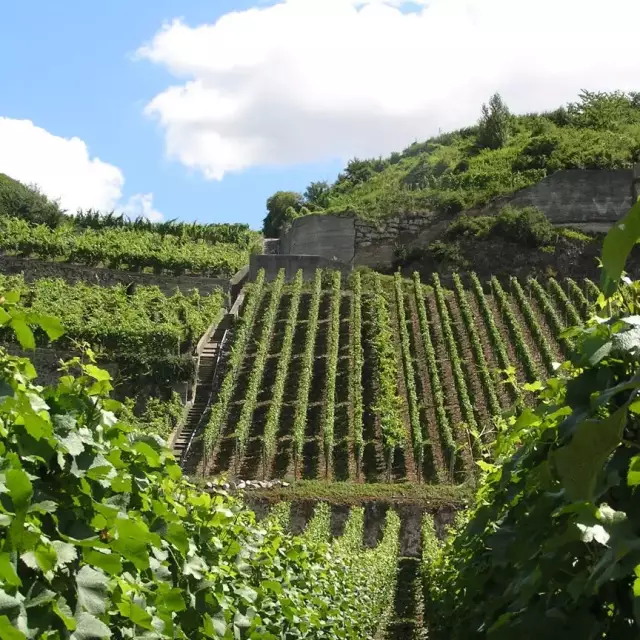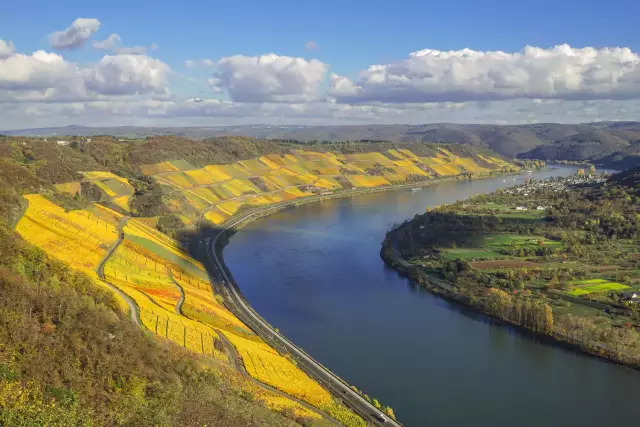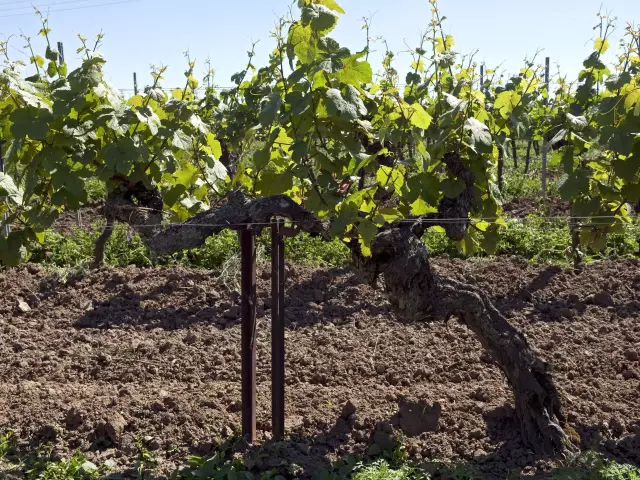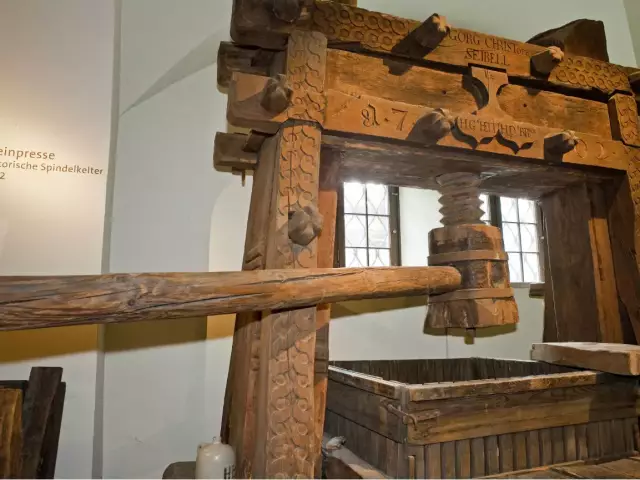Volcanic rock garden Winklerberg

In Ihringen, Kaiserstuhl, vines grow on the sloping remains of a 15-million-old, extinct volcano. Winklerberg has everything an old volcano can offer: lava flows, porous lava chunks (pumice) and agglomerates from eruptions. All part of the 'volcanic wine' that has been produced here since 962.
In Ihringen, vines grow on the sloping remains of a 15-million-old, extinct volcano in the region known as the Kaiserstuhl. Winklerberg has everything an old volcano can offer: two lava flows, as well as porous lava chunks (pumice) and agglomerates from eruptions.
Yet the hill is doubtlessly more renowned for the wines from the vines that thrive in its soils – at least since 962 in Ihringen, and probably even earlier since it is likely that the Romans planted the first vines in this fertile soil. After all, the Kaiserstuhl is the sunniest and warmest wine region of Germany.
By 962, Ihringen was already a notable wine-growing center. Today, the small town west of Freiburg, with its 600 hectares of vines, numbers among Germany’s largest viticultural communities. Its most famous site is Winklerberg, which derives its name from the crooked, labyrinthian (“verwinkelt”) layout of its vineyards. The steep slopes of weathered volcanic soil with limestone inclusions have been tamed into broad terraces that bring forth full-bodied, mineral-rich wines.
Nature and Wine of the Highest Quality – that is the motto of the signposted path through the Vulkanfelsgarten ( Volcanic Rock Garden) that opened in Winklerberg in October 2006. En route, visitors can learn all sorts of things about the area’s geology, natural assets, and above all, its wines. The path passes by old vineyard huts, the Winklerberg fountain, and a historic flight of stairs, all of which bear witness to age-old wine culture. Part of that culture is also due to the pioneering efforts of Georg Ernst Lythin, the first (1813) wine-grower to plant noble varieties, such as Pinot, Traminer, and Muskateller, on Winklerberg. It was the genesis of premium viticulture in the Kaiserstuhl – thanks to the volcanic rocks.




